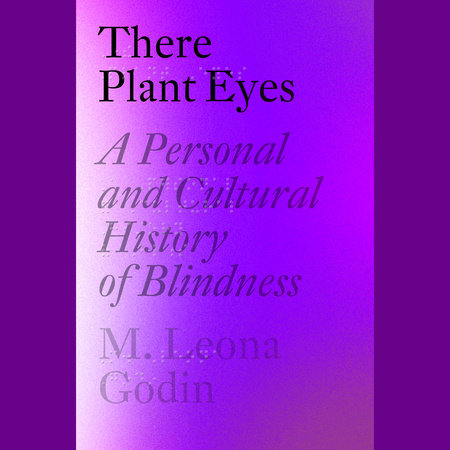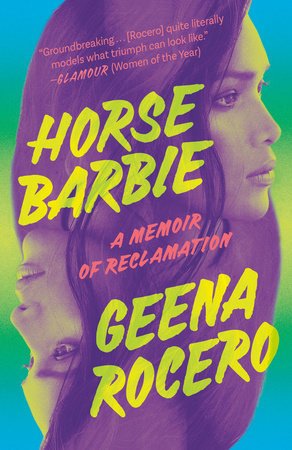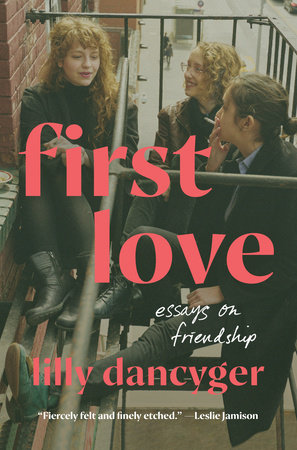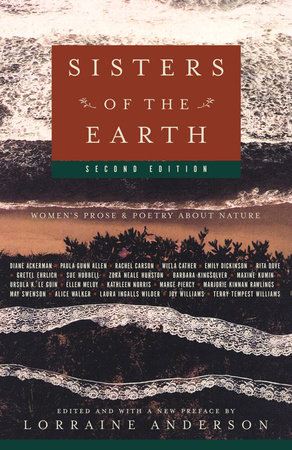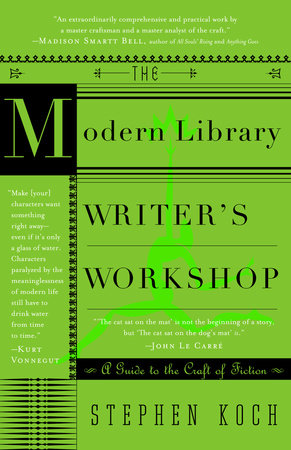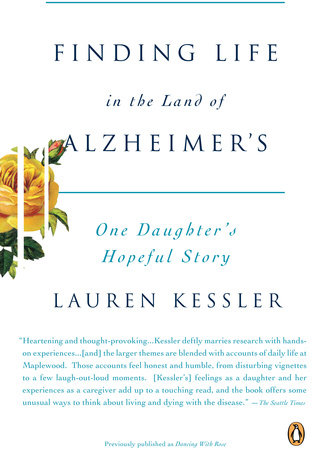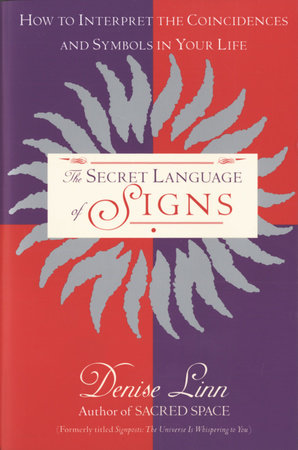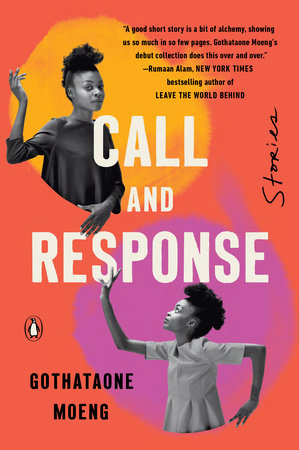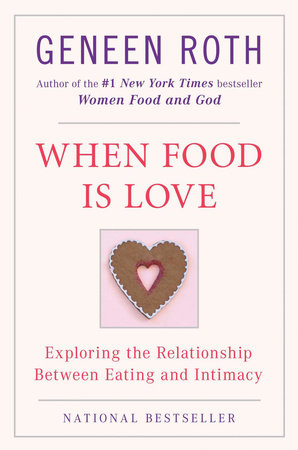“[A] thought-provoking mixture of criticism, memoir, and advocacy. Drawing on works including the Odyssey, Oedipus Rex, King Lear, and Paradise Lost, [Godin] traces two ideas: that being unable to see brings deep insight and that the blind can show how little the sighted truly see. Godin counters these stereotypes with her own experiences and with surprising details from the lives of blind activists such as Helen Keller, to argue that ‘there are as many ways of being blind as there are of being sighted.’”
—The New Yorker
“Elegant, fiercely argued . . . Godin enlarges our understanding of the blind and sight impaired, and There Plant Eyes proves a landmark contribution to the literature of disability, comparable to Lucy Grealy’s Autobiography of a Face and Jean-Dominique Bauby’s The Diving Bell and the Butterfly—which is to say the literature of the human itself.”
—The Wall Street Journal
“There Plant Eyes is so graceful, so wise, so effortlessly erudite, I learned something new and took pleasure in every page. All hail its originality, its humanity, and its ‘philosophical obsession with diversity in all its complicated and messy glory.’”
—Maggie Nelson, author of The Argonauts
“A revealing and humorous account of how blindness has been misunderstood by the sighted . . . By turns heartfelt and thought-provoking, this is a striking achievement.”
—Publishers Weekly (starred review)
“Godin guides readers through the surprising twists and turns in Western blind history, from ancient seers to contemporary scientists. The lively writing style and memorable personal anecdotes are delightful. This book is a gift to both blind and sighted readers.”
—Haben Girma, human rights lawyer and author of the best-selling Haben: The Deaf blind Woman Who Conquered Harvard Law
“This sighted disabled person learned so much from There Plant Eyes! The book took me on a cultural journey that showed how blindness isbeautiful, complex, and brilliant.”
—Alice Wong, editor of Disability Visibility: First-Person Stories from the Twenty-first Century
“Godin moves effortlessly from erudite explorations of the construction of ‘blindness’ to incisive and often funny examinations of technology that helps—or does not help—the blind individual to personal stories of her own life. I was only a few pages in before I realized that what I thought about being blind was either wrong or woefully insufficient. The reader will be lost in admiration for Godin’s gifts as a writer and cultural critic.”
—Riva Lehrer, author of Golem Girl: A Memoir
“I’ve been waiting most of my life for a book like There Plant Eyes to demystify what it means and doesn’t mean to be blind. With eloquence and wit, M. Leona Godin articulates what our culture has gotten wrong for centuries. Blindness, she makes clear, is a feature, not merely a difference. I’ll be recommending this book every chance I get.”
—James Tate Hill, author of Blind Man’s Bluff: A Memoir
“We are inevitably blind to realities outside our own experience, and it takes a sensitive writer like Godin—with her poet’s ear—to give insight into sightlessness.”
—David Eagleman, neuroscientist at Stanford, author of Livewired
“A passionate argument for placing blind people at the center of their own stories . . . An insightful and wide-ranging book that asks sighted readers to examine the myriad ways in which our culture uses concepts of blindness as metaphor or morality tale while simultaneously ignoring the existence, insights, and experiences of blind people . . . There Plant Eyes speaks eloquently and urgently to the necessity of making space for blind thinkers within our ocular-centric world.”
—Booklist
“[An] erudite, capacious book . . . Playwright and columnist Godin approaches her subject from a unique perspective. Now blind, she gradually lost her sight from retinal dystrophy, a frightening process she poignantly recounts throughout the book . . . As Godin wonderfully shows, we’ve come a long way in our quest to understand what blindness means.”
—Kirkus Reviews
